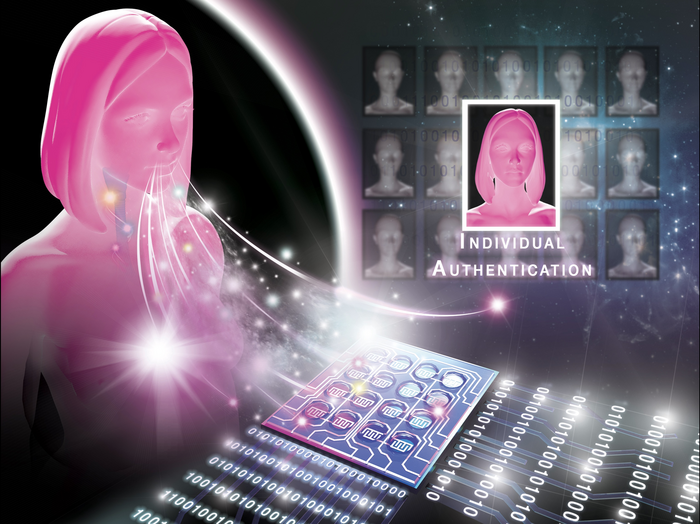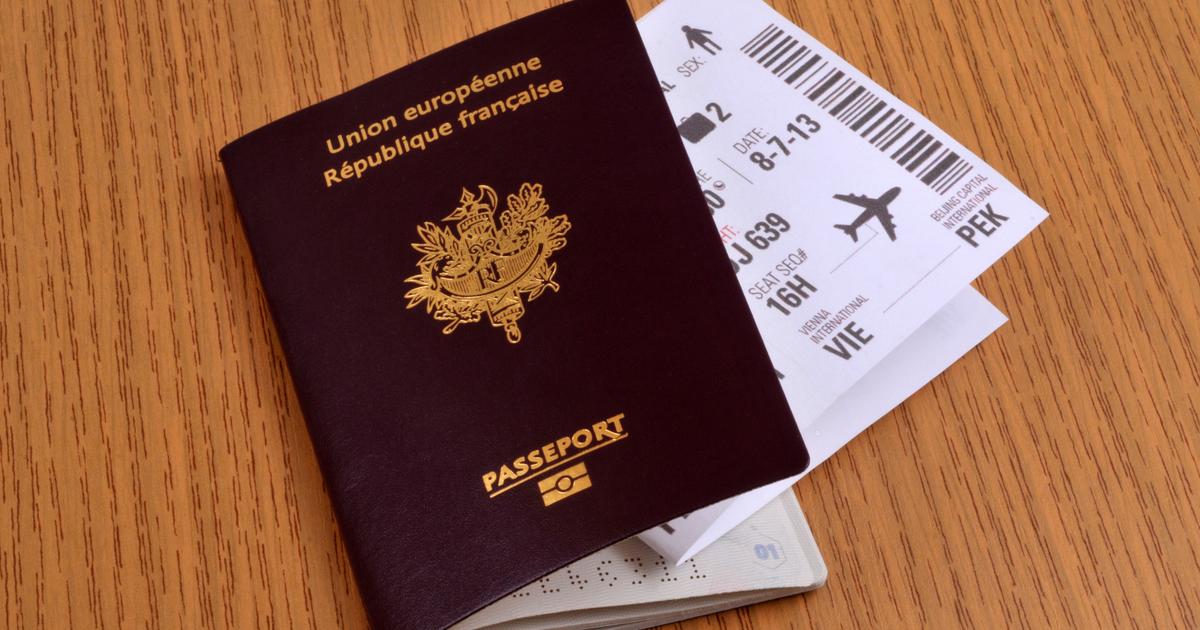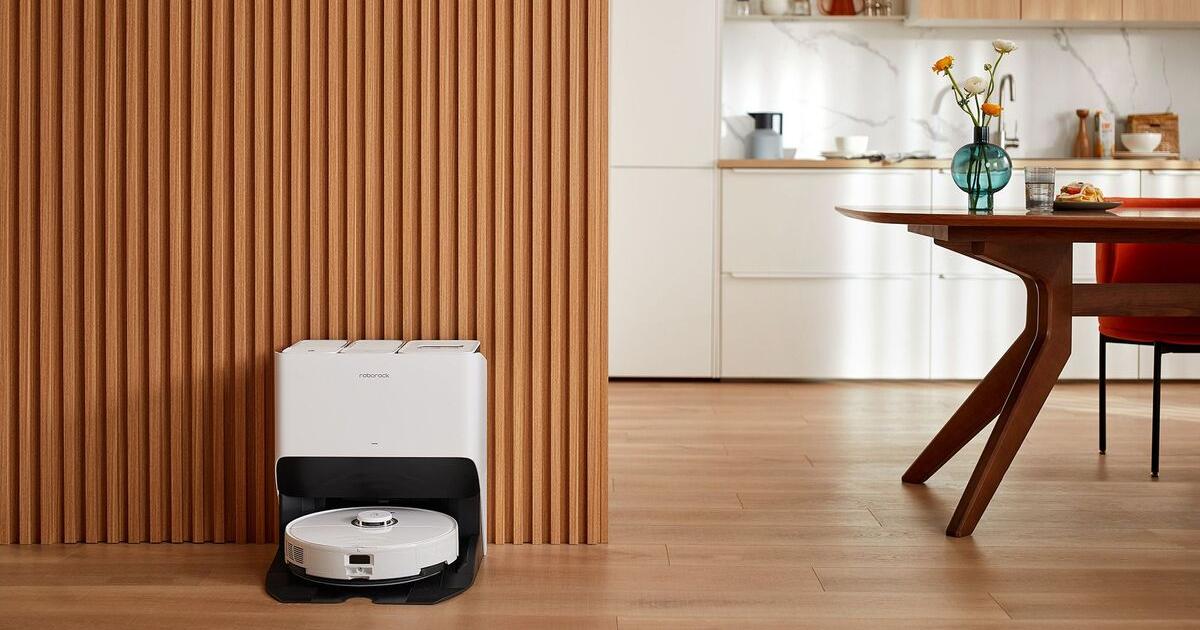A new challenge lies ahead for spy films: in addition to fingerprints, facial recognition and retinal scans, now breath is also added.
In fact, the artificial nose is on the way, able to recognize the identity of a person precisely from the chemical compounds present in the air that we emit, paving the way for new sensors to be used, for example, for unlocking smartphones.
The device, which is capable of confirming identity with greater than 97% accuracy, was developed by a team of researchers led by Japan's Kyushu University, which published the results in the journal Chemical Communications.
"Physical features - such as fingerprints, face and voice - can be copied or even compromised by injuries," says study leader Chaiyanut Jirayupat.
"Human smell has recently emerged as a new class of biometric authentication - he adds - that essentially uses your unique chemical composition to confirm who you are."
The researchers analyzed the breaths of many subjects, finding 28 chemical compounds that could be used for recognition.
Based on this, they then made an artificial nose consisting of 16 sensors, each of which is capable of identifying a different class of compounds.
Finally, the data obtained from the sensors were processed with a machine learning system, which developed a profile for the breath of each person participating in the study.
The researchers tested the artificial nose with 20 people, which the device recognized with a very high accuracy of over 97%.
The sensor, however, is not yet ready to be integrated into smartphones: for the study, participants were asked to fast for six hours before the test, so the technology will now need to be refined to make it effective regardless of diet.





/cloudfront-eu-central-1.images.arcpublishing.com/prisa/JPRKPA77234DCAA6AOU6BW722Q.jpg)


